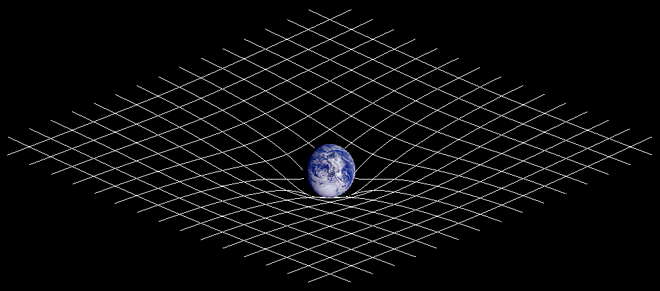Linguofreak
Well-known member
I've always been confused by the black hole information paradox. What I don't get is this: information is only potentially lost to the outside universe if infalling matter actually crosses the event horizon, but this takes an infinite amount of time to occur in any reference frame that does not itself cross the horizon. Meanwhile, if black holes radiate as described by Hawking (without which the whole paradox is moot), then a hole of finite mass will radiate away in finite time. As a result, we technically don't even see a black hole form: once neutron degeneracy pressure fails, a collapsing object's gravity well becomes arbitrarily, but finitely, deep before Hawking radiation begins to make it shallower. Eventually the mass becomes low enough that degeneracy pressure is able to halt the collapse, and I imagine there might even be a rebound (so that a significant amount of the infalling matter is actually ejected from the object, rather than that mass being radiated away as Hawking radiation). The whole process, as viewed from the outside, would take an incredibly long, but finite, time (as the time for a large collapsing object to decay by Hawking radiation is extremely long), but for the infalling matter it would all happen extremely quickly (less proper time than the proper time needed to cross the horizon in General Relativity without Hawking radiation until the collapse is halted, less than twice that for any rebound). In any case, the long and the short of it is that all the information contained in the infalling matter should be retrievable in finite time.
The fact that very smart physicists have been arguing about this for decades makes me think I must be missing something, but the premises my argument depends on (infalling matter takes an infinite time to cross the horizon for all external reference frames, and Hawking radiation takes a finite time to radiate the entire mass of a black hole as measured in those same frames) are, as far as I can tell, fairly uncontroversial, and I'm fairly confident that my logic from that point is sound, yet smarter people than me continue to argue about the issue. So what am I missing?
The fact that very smart physicists have been arguing about this for decades makes me think I must be missing something, but the premises my argument depends on (infalling matter takes an infinite time to cross the horizon for all external reference frames, and Hawking radiation takes a finite time to radiate the entire mass of a black hole as measured in those same frames) are, as far as I can tell, fairly uncontroversial, and I'm fairly confident that my logic from that point is sound, yet smarter people than me continue to argue about the issue. So what am I missing?


